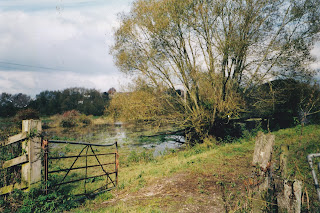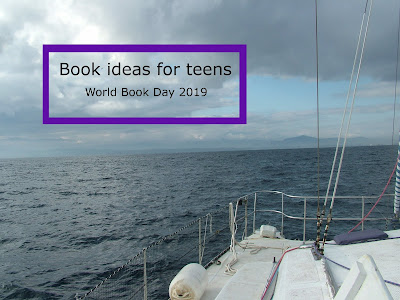A wishing tree, some barnacles and slate reefs
When I submit pictures to Shutterstock I often do bits of research to make sure that the key words are suitable and there is a good variety. These means that I can end up finding out all sorts of things about something that I took a picture of just because I liked the look of it.
Last year
we had a week away in Exmoor, Somerset which was lovely. Whilst there we
visited Glen Lyn Gorge, Lynmouth (just over the border in Devon). It’s a
fascinating place and we enjoyed playing with the water sprayers and studying their very interesting displays. Up in the woods, we found
some trees with lots of coins hammered into them that looked like
they had been there a very long time. I took some pictures of them and it has
taken me until this week to edit and upload them. I did the usual searches and
digging around and it turns out that this is an ancient custom in Britain of
hammering coins into certain trees, often using local stone to force the coin into the wood, to bring good luck. They are known as wishing
trees and it turns out there are similar things in
many cultures. Some of the coins in this trunk had completely delaminated presumably because they had been there such a long time.
 |
| Close up of trunk with coins |
Some searches I end up doing have a more technical focus, especially when I want to know something like the classes and phylum a barnacle belongs to (!). Another sciency thing I end up looking up fairly frequently is geological terminology as we have lots of interesting rock formations around here along the coastline. I end up with keywords like recumbent, igneous and strata to describe the fascinating folds and ridges created by hundreds of thousands of years of Earth's activity.
 |
| Barnacles on a rock |
The South Devon coast is rocky and deeply folded. There are lots of little coves - meaning social distancing is very easy with a bit of local knowledge - and there are lots of rock pools. The coastlines slate reefs stretch out into the sea and are
home to some extraordinary creatures. This week is national marine week, run by the Wildlife Trusts to celebrate everything marine.
 |
| Rock pool |
This time of year we see lots of jellyfish drifting on the currents. We have seen Compass and Moon jellies and I find them fascinating. They look so delicate but have been around since before the dinosaurs and can be found all over the globe so they must be far more robust than they look. We also get lots of cuttlefish, bass, mullets, octopus, egrets and importantly eel grass which is rapidly declining around Britain's coast.
Plymouth Sound in Devon is a natural harbour used as a port since at least the bronze age. It is a large body of water and has recently been announced as one of the first national marine parks and there are many exciting plans and ideas to support and protect the hundreds of species of marine life supported there. Hopefully many of these will be successful and lead to a greater engagement with and the protection of our seas.
 |
| Rocky coastline |




Comments
Post a Comment